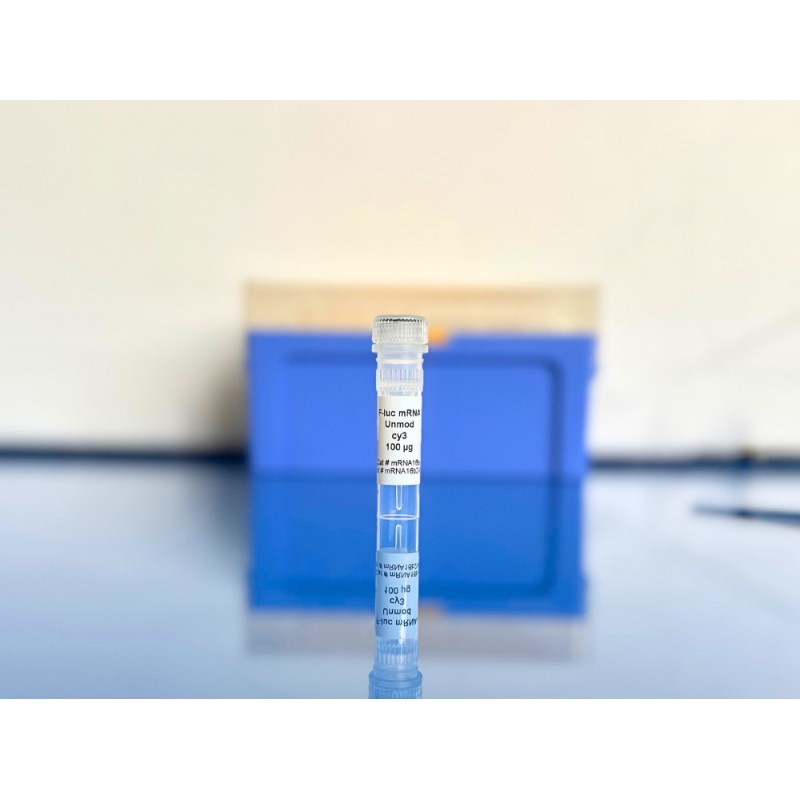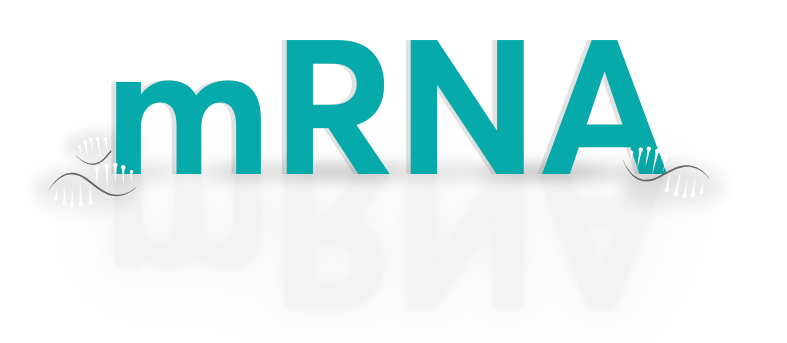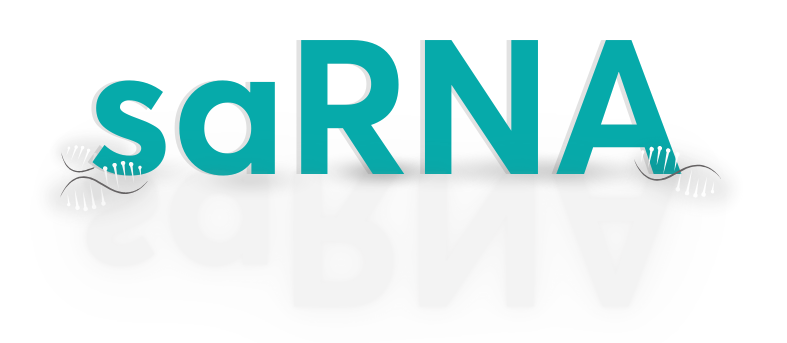

 Custom mRNA Synthesis service
Custom mRNA Synthesis service
 Custom saRNA Synthesis service
Custom saRNA Synthesis service
 Custom LNPs service
Custom LNPs service


Cy3 F-Luc mRNAs have been designed to produce high expression level of Firefly Luciferase protein.
OZB mRNAs are produced by in vitro transcription. mRNAs are stabilized at the 5’ end by modified nucleotides capping (Cap1) and contain a poly(A) tail at the 3’ end.
Sequences have been optimized to yield improved stability and performance. F-Luc mRNA #MRNA16 does not bear any additional nucleotide modifications while #MRNA12 is modified with 5-methoxyuridine (5moU), #MRNA24 is modified with N1-methyl-pseudouridine (N1-mψ) to reduce innate immune response. #MRNA16B or 12B or 24B are labelled with Cy3 by replacing 15 % of UTP by UTP-Cy3.
Molecular weights:
Quality Control:
| Items | Specification | Standard QC | Superior Grade QC* |
|---|---|---|---|
| Appearance | Clear | ✓ | ✓ |
| Integrity | Agarose gel mobility and fragment analyzer | ✓ | ✓ |
| Concentration | 1mg/ml +/- 5% | ✓ | ✓ |
| A260/280 | >1.8 for Unmod, >1.7 for modified | ✓ | ✓ |
| Sterility | Absence of growth | ✓ | ✓ |
| Endotoxin | <0.5 EU/mL | ✓ | |
| dsRNA | <0.5% | ✓ | |
| Functionality | protein expression after transfection | ✓ | ✓ |
| Fluorophore concentration | >/= 10pmol/µl | ✓ | ✓ |
* Contact us to get a quote.
We recommend using our transfection reagents RmesFect or RmesFect Stem in order to reach high transfection efficiency and optimum protein expression level.
Size: 100µg
For bulk, please contact us: order@ozbiosciences.com
Storage: -80°C
Shipping : Dry ice (fee included in shipping cost)
Please log in or register to see the prices for your country
| Catalog number | Unit Size | Price excl tax | Quantity / Buy |
| MRNA16B |
unmodified - 100 µg
|
$793.00
|
|
| MRNA12B |
(5moU) - 100 µg
|
$857.00
|
|
| MRNA 24B |
(N1-mψ) - 100 µg
|
$857.00
|
|
Related products